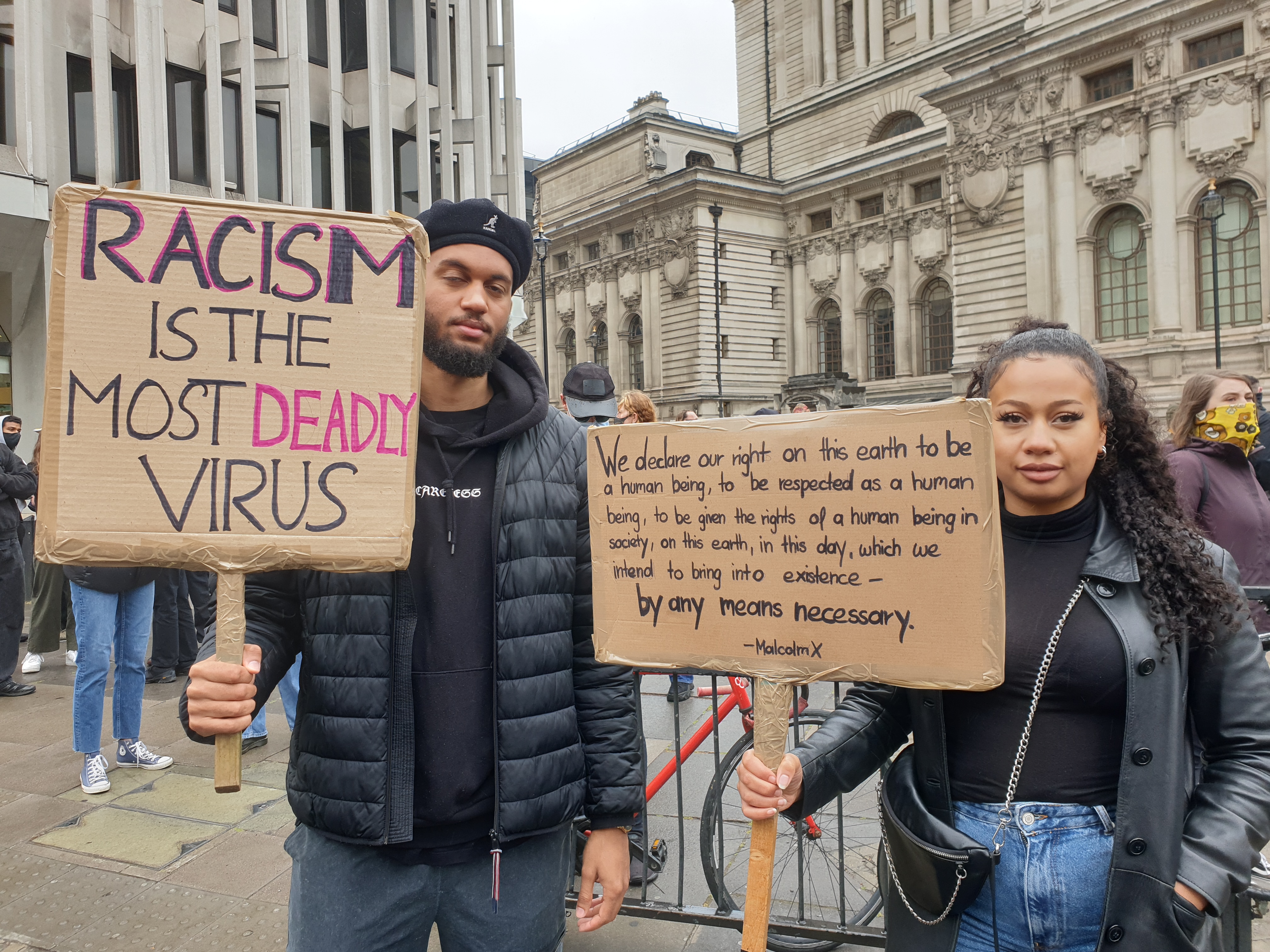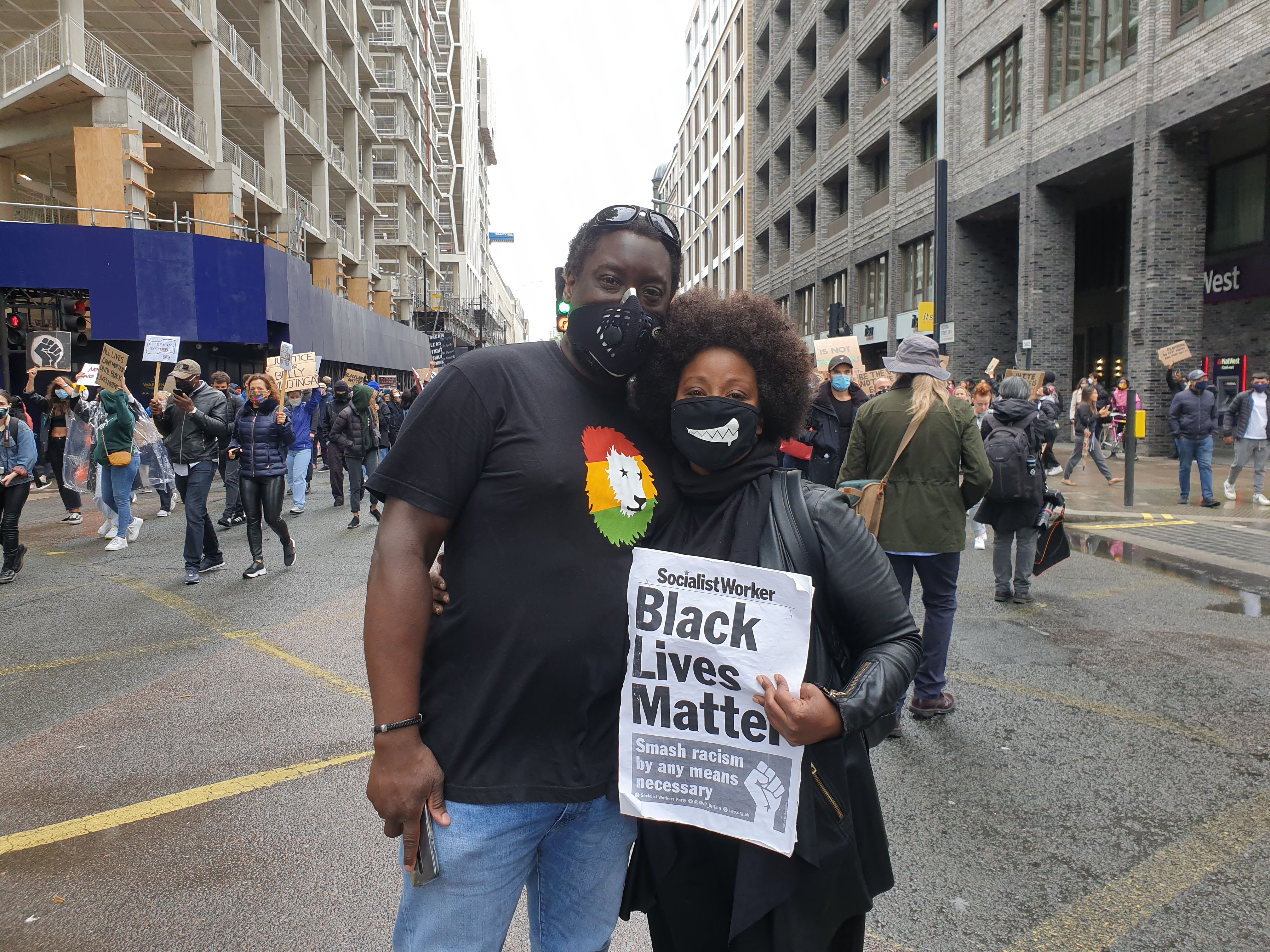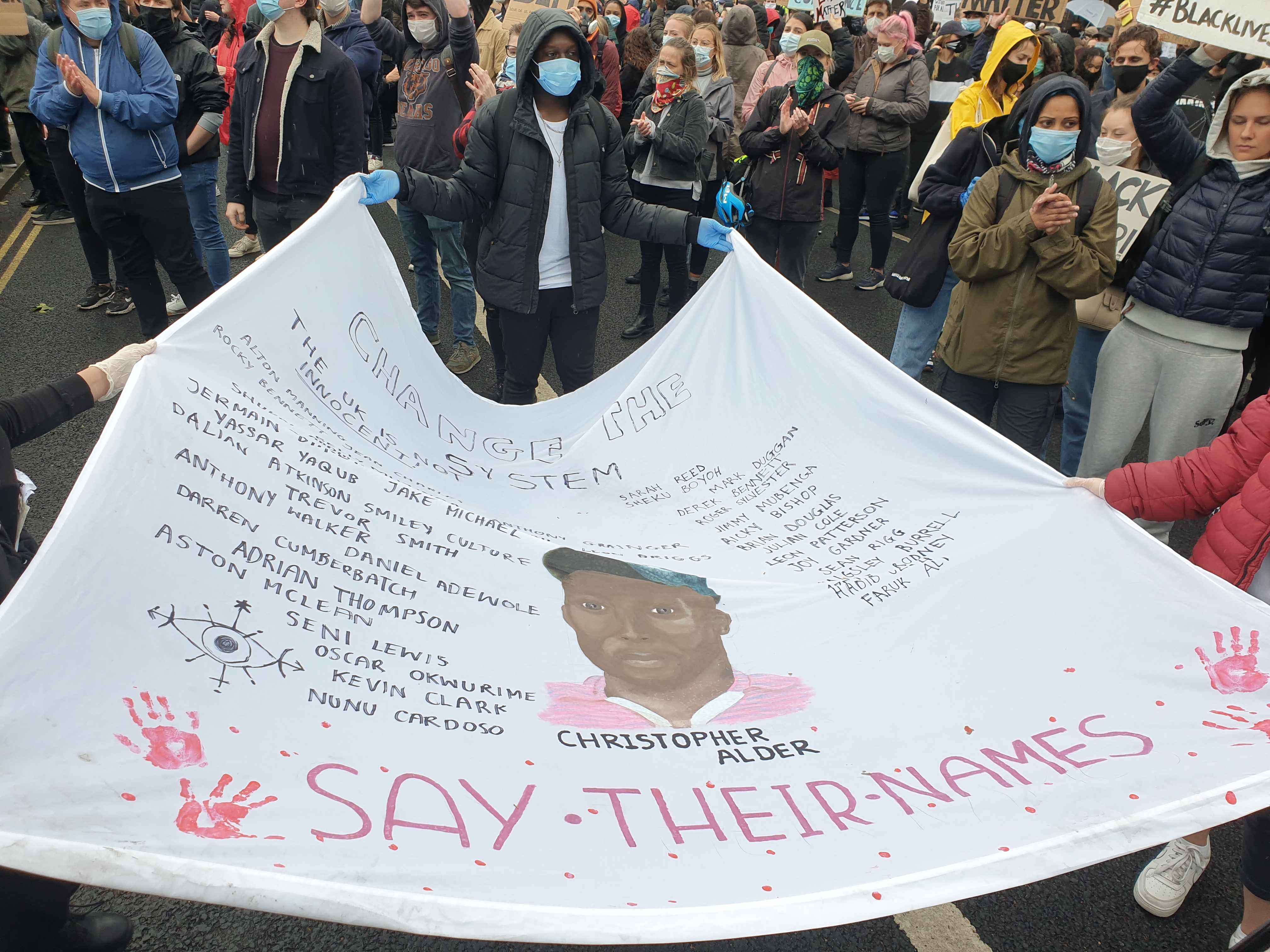When does apathy turn to anger
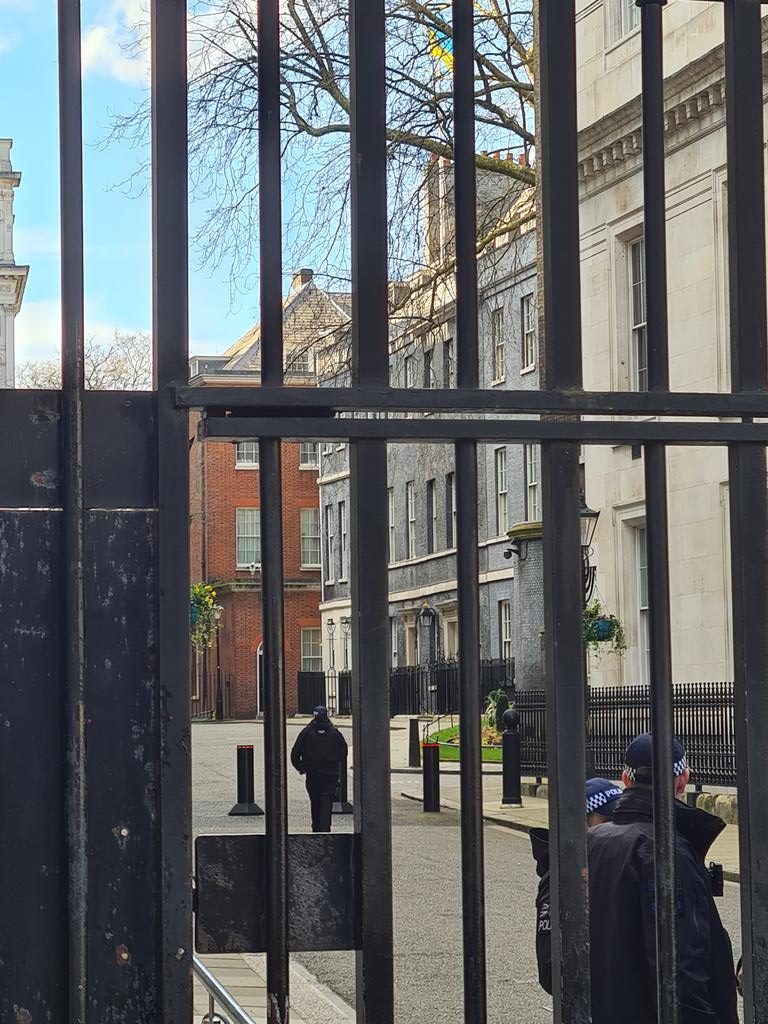
It is understandable to think of Britain of a country that doesn’t get riled up too easily. The ‘Keep Calm and Carry On’ ethic passing through generations. That the classic “stiff upper lip” never gives way to extreme emotions seen in other nations throughout history.
Indeed, since the middle ages Britain has had one instance of significant national uprising which resulted in the Civil War and a brief flirtation with being a republic. That experiment resulted in a partial return to the status quo, though with a representative Parliament that has remained more or less the same since.
While revolutions have come and gone the world over, Britain has looked on sipping their tea, raising an arched eyebrow, tutting perhaps at the state of things.
Or rather, the ruling upper class has managed to keep a strangehold on the country thanks to embedding the idea that significant change is just not what Britain does.
The Labour Party, created as a parliamentary organization for the working man, only came into being at the beginning of the 20th Century – more than a hundred years after the French, for example, had risen up and deposed the bourgeoisie in the name of ‘egalitie’.
But this government is starting to stretch the patience of a far too patient electorate.
They already sold a large portion of the country a lie that they were getting some sort of power back in the Brexit vote in 2016 – “Take Back Control”. As it turns out, there was not a whole lot of which to “take back”.
So, other enemies were pointed out: Asylum seekers, those dependent on benefits, foreign students, dependents of foreign care workers, teachers, human rights lawyers, junior doctors, nurses and train drivers seeking fair pay, protestors and the rest.
But Prime Minister Rishi Sunak thinks that by offering a little tax cut, which is offset by other tax rises anyway including council tax, he will give the public a little sweetener that allows him to delay the election until as late as possible. For, who could get riled up when Brits traditionally just plod along and hope things get better?
Here’s the thing. Since 2010 the people of this country have been told that it was necessary to implement significant cuts in public spending – austerity – to bring down Britain’s deficit.
We were told there would be better days ahead – that it would save money in the long run and make our country more efficient. Here we are 14 years later and councils are going bankrupt, people wait more than 12 hours at A&E, they cannot get a GP appointment or see an NHS dentist easily, wages have not risen in line with inflation and generally, well, things are just not working.
Now, the PM is defending taking money from a donor who made the most abhorrent, racist and dangerous comments about a serving MP, Diane Abbott, at a time when we have had TWO MPs murdered by extremists.
Sunak did say the comments were racist, but said that because the man apologized and showed contrition, it was all OK.
Except he didn’t. Frank Hester apologized for his comments being “rude” – he didn’t accept they were racist or sexist or dangerous.
Of course, there are 10 million reasons why Sunak would not want to completely disown Hester from being a friend of the Conservative Party – in addition to significant government contracts.
But what he will discover is that he can’t expect to play the long game and hope the British public just shrug and twiddle their thumbs until the election to have their say for the first time nationally since December 2019.
Since that time, we’ve had the chaos of Boris Johnson’s administration, mad Liz Truss’s complete clusterfuck 49 days including THAT mini-budget and now little Sunak’s complete inability to keep control of the far-right flirting attention-seekers in his party.
When a Prime Minister can’t even define a racist, not just in a donor but in an MP who said that London was in hock to “Islamists”, the country is left wondering who is in control at all.
That’s the question – and the longer he puts off the election, the more Sunak will find this new electorate can get quite angry and volatile.
Since the Civil War, Brits have not risen up and overthrown the leadership – yet.





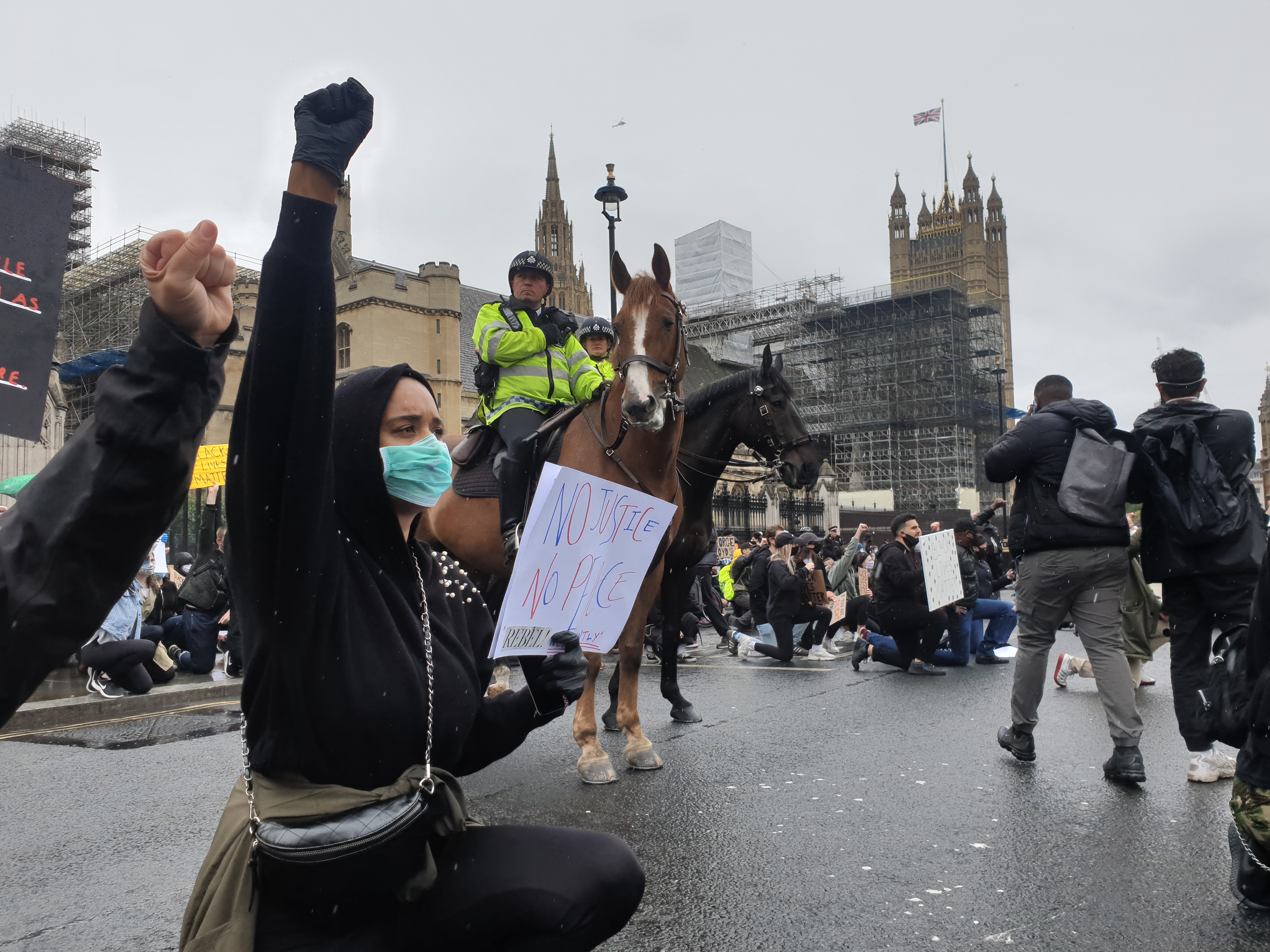
![20200606_135144[1]](https://christianrad.files.wordpress.com/2020/06/20200606_1351441.jpg)
